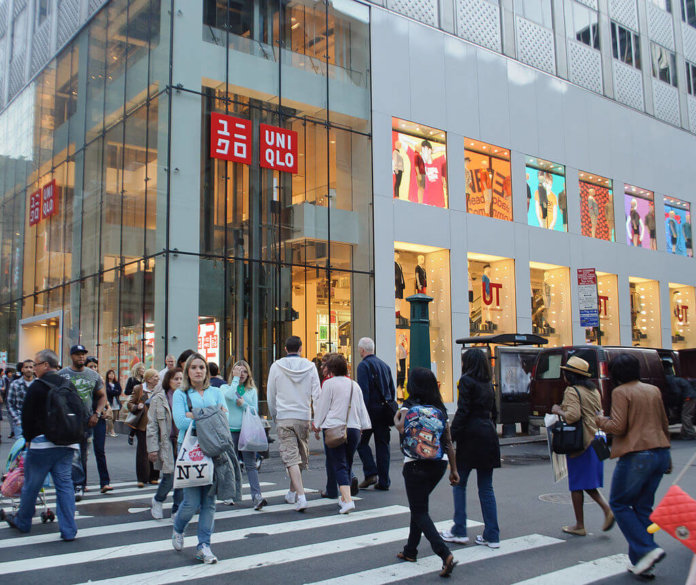
Usually when a business has a secret formula that has led to billions of dollars in revenue and unabashed success, it is guarded with the primal ferocity of a mother wolf protecting her cubs. To this day, we don’t know the makeup of KFC’s 11 herbs and spices, what goes into making the secret sauce of the Big Mac, or the hidden recipe of the original Coca Cola.
So why then would someone who took over their father’s tailoring business and turned it into a global empire worth more than $15 billion, making him his country’s richest person, share the secret of his success with the world? If you’re Tadashi Yanai, founder and CEO of fast fashion retailer UNIQLO, the short answer is because a positive and optimistic approach to business is a core component of who you are.
“There is nothing to gain from pessimism,” he said in an interview with The Business of Fashion. “If you are waiting around for fortune or luck, they will not come. Don’t be passive. Nobody can predict the future. So why don’t you venture out and create one? Those who create the future will be blessed with luck.”
A Reluctant Successor
It’s probably safe to say that it has taken Yanai a little more than hard work and luck to get where he is today. He went through many up’s and down’s and learned from several failures in his nearly lifelong journey in the fashion industry. He grew up in fashion, spending many hours in his youth in his father’s tailor shop called Ogori Shoji, which opened in 1949, the same year Tadashi was born.
In his early adolescent years, Yanai wanted little to do with the family business and was more concerned with enjoying himself. However, in 1972, he realized it was time to get serious about a career and joined his father in the business. When he came on board, several executives left, realizing they had no chance of taking over the company. This left Yanai to do many of the tasks himself which, in the end, became a valuable learning experience that would help him build his own fashion empire.
Unique Rise of UNIQLO
The first step in this process came in 1984 when he opened the very first Uniqlo store in Hiroshima. The store offered affordably priced clothing for the masses. The business found initial success but as the 21st century rolled around, the business entered a period of decline. In 2004, Yanai made an important declaration; his company would start putting a premium on quality over price.
“I am not interested in being the cheapest,” he would explain later. “I want to be valued for offering good clothes. To be known for being cheap is sad.”
Another key transition for the business was moving to a SPA (specialty-store/retailer of private-label apparel), which meant they would manufacture and sell exclusively their own private label of fashion designs in a model similar to The Gap.
The results speak for themselves. According to The Telegraph, “There are more than 1,600 Uniqlo stores across 16 markets worldwide, more than 8oo in Japan, 400 in Greater China, and 49 in America. One store opens every week somewhere in the world.”
Recipe for Success
Through it all, Yanai would write down principles of successful business practices whenever he would learn another important lesson. Right now there are 23 different principles which are printed on cards and provided to all his employees. Recently The Business of Fashion distilled these 23 principles into 8 categories which are:
1. Put Customers First
2. Contribute to Society
3. Embrace Optimism
4. Learn From Failure
5. Focus on the Details
6. Be Your Own Critic
7. Connect to the World
8. Disrupt Yourself
It’s difficult to suggest any one of these is more important that the others but one theme that seems to be a constant in Yanai’s life is his lack of fear of failure. Where failure would be crippling for the many Type A, huge ego archetypes that tend to dominate the CEO positions around the world, Yanai remains unphased.
“Thoroughly analyze information relating to successes and failures. Remember what you learn and put it into practice the next time around,” one of his principles reads. “It may not work — you may not be successful overnight. The only solution is to keep changing yourself and keep challenging yourself.”
It would seem that whatever failure Yanai experienced over the years has given him invaluable lessons that served him well in later years. The fact that he is happy to share these lessons with the world tells as much about the man as is does the CEO.










